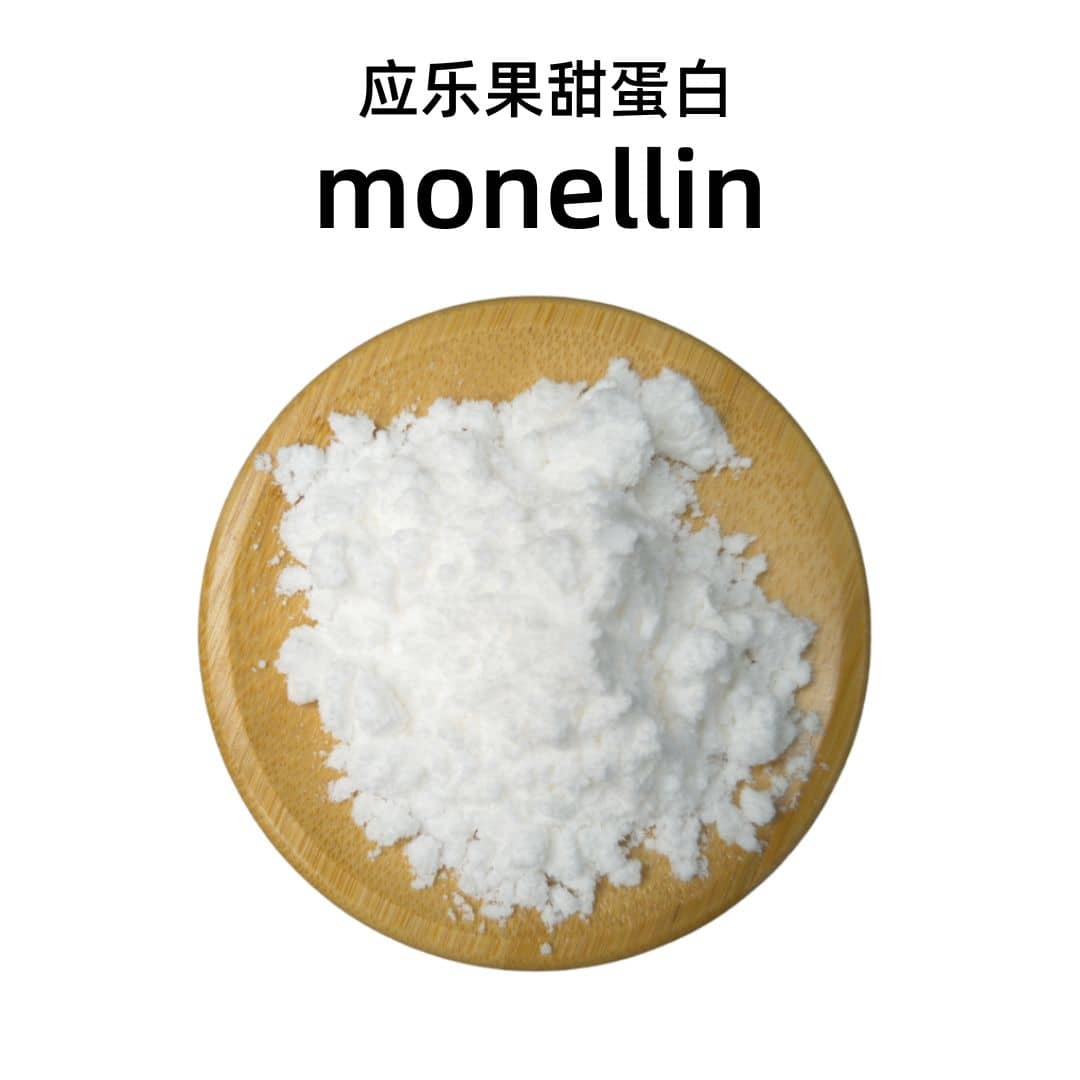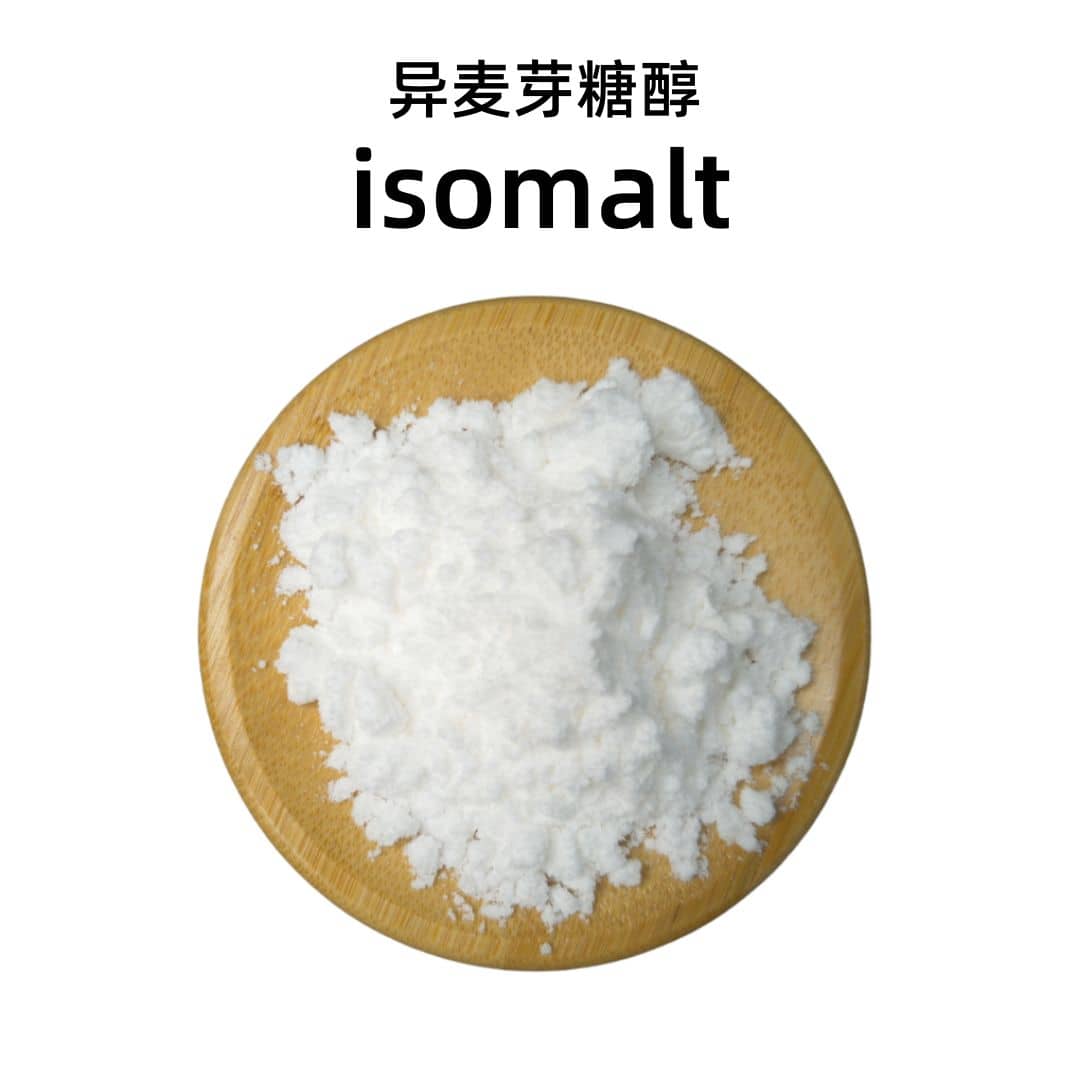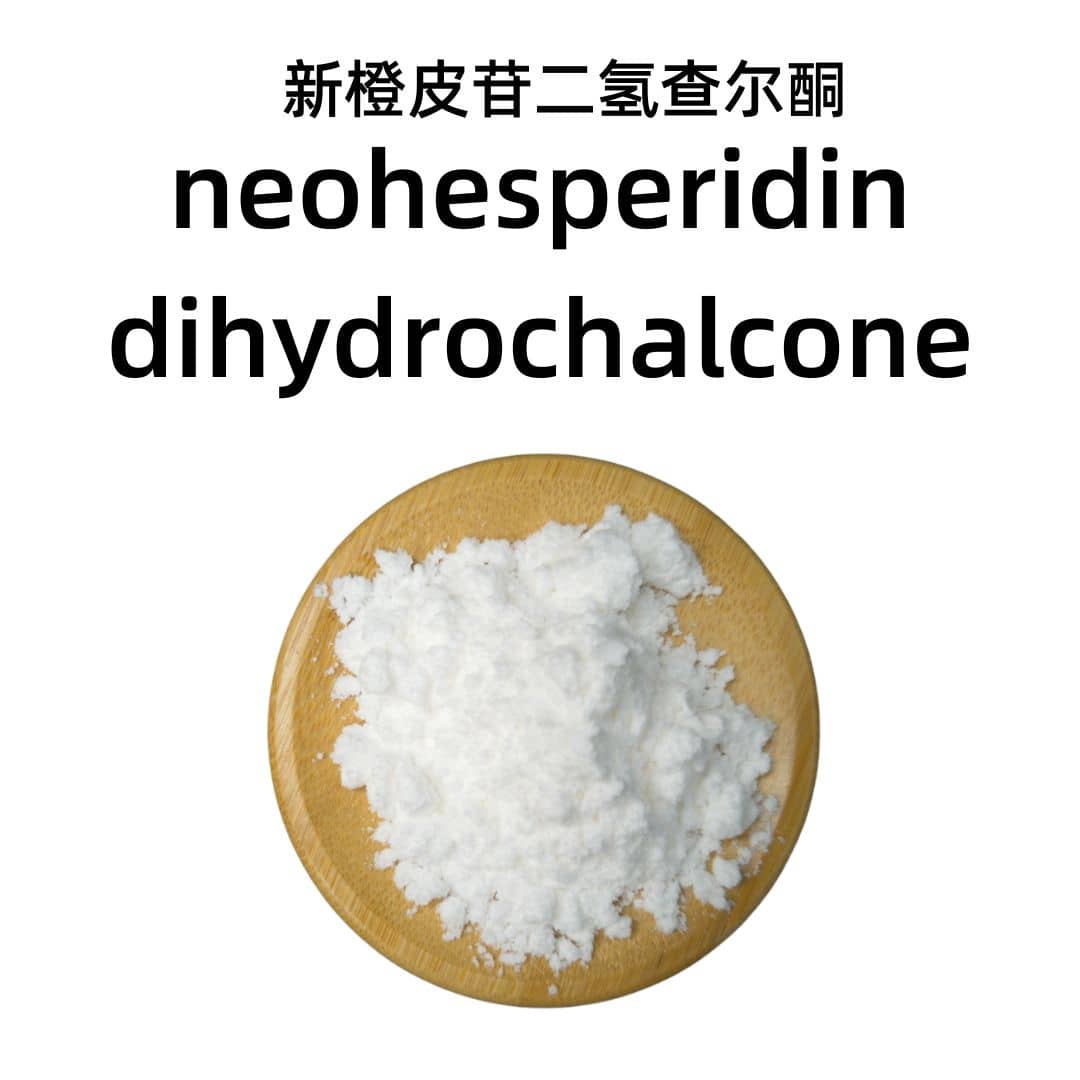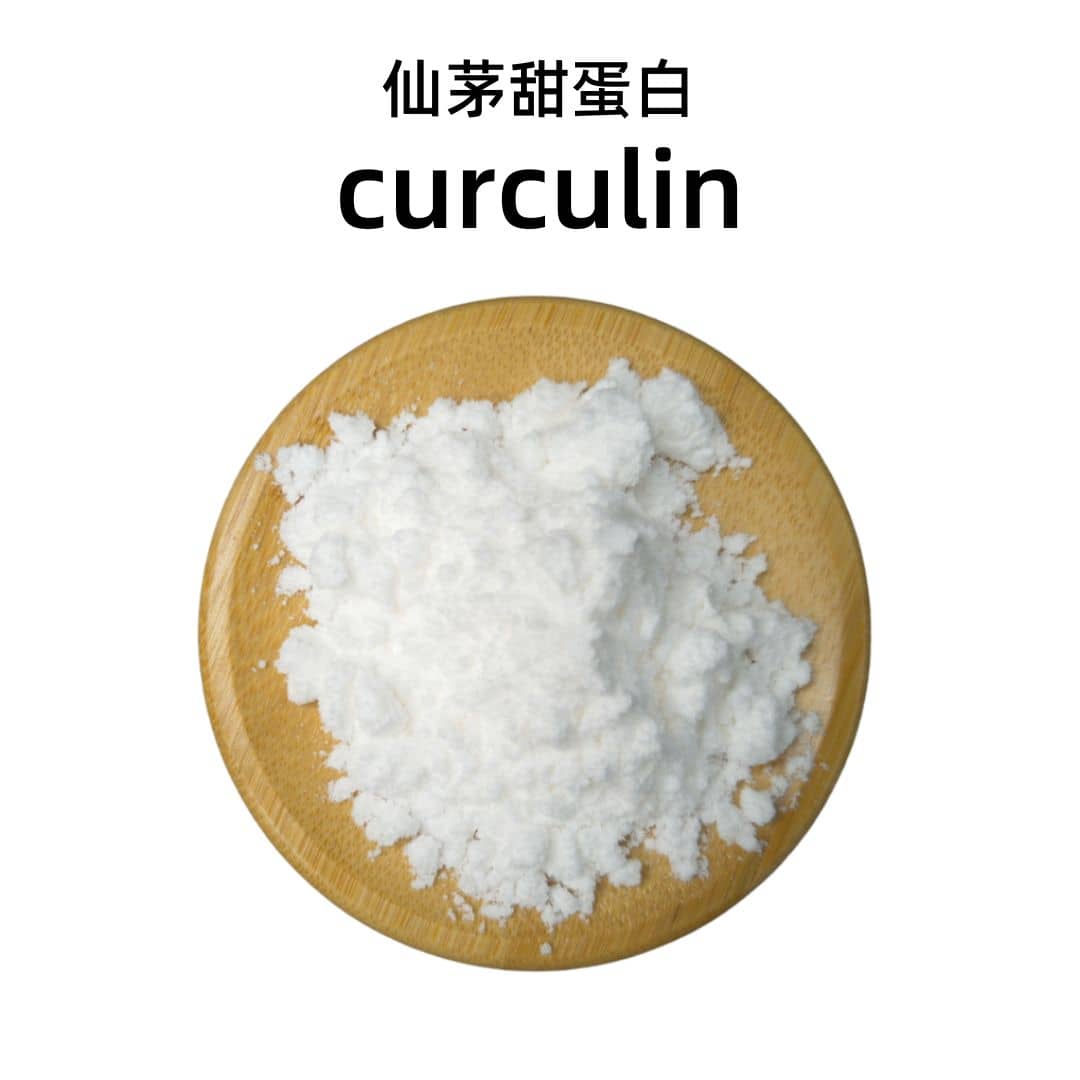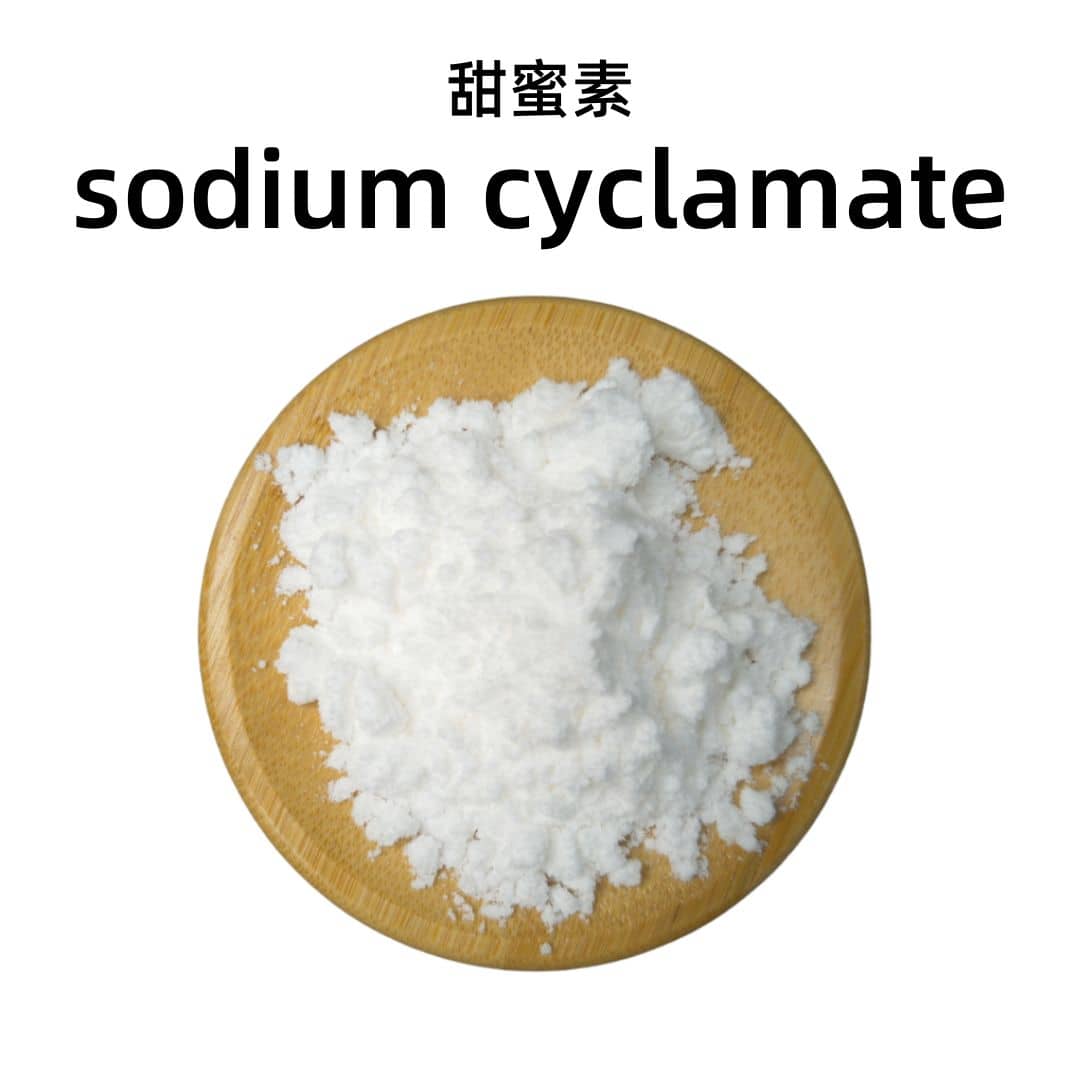Product Introduction
Sorbitol is a sugar alcohol that functions both as a sweetener and a humectant. It has gained popularity in various industries due to its unique chemical properties and lower calorie count compared to traditional sugars. This additive is commonly used in food products, where it provides sweetness without contributing significantly to calorie intake, making it suitable for dietary and diabetic applications.
Product Manufacturing Process
The production of sorbitol typically involves the hydrogenation of glucose, which is derived from starch or corn syrup. The glucose solution is subjected to high pressure and temperature in the presence of a catalyst, which facilitates the conversion of glucose into sorbitol. After hydrogenation, the mixture undergoes purification processes, including filtration and crystallization, to yield the final sorbitol product. This process ensures the product meets food-grade quality standards.
Product Applications
Sorbitol is utilized across various sectors. In the food industry, it is commonly found in sugar-free candies, chewing gums, and baked goods as a sweetener and moisture-retaining agent. In pharmaceuticals, sorbitol serves as a filler and sweetener in formulations like syrups and suspensions. Furthermore, its moisturizing properties make it a valuable ingredient in cosmetic products such as lotions, creams, and toothpaste.
Packaging and Storage
Storage Conditions: Store in a sealed, lightproof container, avoid high temperatures, and keep in a dry, cool, and well-ventilated place.
Packaging Method: Bulk packaging in 25kg cardboard drums, sample packaging in 1kg aluminum foil bags, custom packaging available upon request.
Shipping Method: FedEx, DHL, dedicated logistics, and sea freight consolidation.
Shelf Life: 2 years
Monica Sun possesses extensive technical expertise and market insights in the food additives industry. She excels in designing efficient and safe additive formulations tailored to various food applications, ranging from sweeteners to functional dietary fibers. Monica has successfully assisted food manufacturers in optimizing ingredient combinations to enhance product quality and improve consumer satisfaction.









